Vidya Sinha
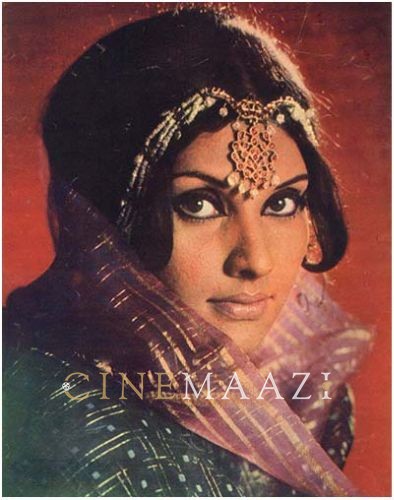
Subscribe to read full article
This section is for paid subscribers only. Our subscription is only $37/- for one full year.
You get unlimited access to all paid section and features on the website with this subscription.
Not ready for a full subscription?
You can access this article for $2 , and have it saved to your account for one year.
- Born: 15 November 1947 (Patna)
- Died: 15 August 2019 (Mumbai)
- Primary Cinema: Hindi
- Parents: Rana Pratap Singh
- Spouse: Venkateshwaran Iyer, Netaji Bhimrao Salunke
Vidya Sinha is synonymous with the song Rajnigandha phool tumhare from the 1974 Basu Chatterjee film Rajnigandha, in which her simple, de-glamourised, girl-next-door looks combined with realistic, low-key acting style came as a breath of fresh air in the 70s era of Hindi cinema. With a knack for choosing unconventional, non-mainstream scripts, she made her mark in films like Chhoti Si Baat (1975), Pati Patni Aur Woh (1978), as well as bigger budget films including Magroor (1979), Meera (1979), and Swayamvar (1980). After a long hiatus, she went on to make a comeback, starring in character roles, as well as working in television.
She was born on 15 November, 1947 in Bombay to a film producer father Rana Pratap Singh also known as Pratap A. Rana. Her grandfather Mohan Sinha was a director and producer. After the passing of her mother, her father married a second time, and Vidya started staying with her grandmother. While she was still a college student, her aunt encouraged her to participate in the Miss Bombay beauty pageant, and she won the title for the year 1968. Following this win, she started modelling for brands like Colgate and Lipton Tea, as well as a few clothing brands. After she became a popular face in the modelling industry, she was signed on for Raja Kaka (1974), making her debut in this Chotu Bihari-directed film, opposite Kiran Kumar. The film did not fare well at the box office, however, her next, Basu Chatterjee’s low-budget film Rajnigandha (1974), hit the sweet spot. A mature romance, it portrayed the Indian middle-class sensitively and realistically, going on to win multiple awards. A runaway hit minus the frills of a typical blockbuster, Rajnigandha also ensured the sweet-faced heroine became a household name as well. Another hit followed with Chhoti Si Baat (1976), also directed by Basu Chatterjee, which is considered one of the best Hindi comedy films of the 70s. A quirky, offbeat love story also featuring Amol Palekar and Ashok Kumar, the film not only became a box office hit but won the Filmfare Award for Best Screenplay for Chatterjee.
Sinha went on to star in a string of more lavishly mounted, mainstream productions such as Karm (1977) with Rajesh Khanna and Shabana Azmi, Mukti (1977) with Sanjeev Kumar and Shashi Kapoor, Inkaar (1977) with Vinod Khanna, Pati Patni Aur Woh (1978) with Sanjeev Kumar and Ranjeeta Kaur in which she played a woman whose husband is cheating on her with his secretary, Gulzar's Kitaab (1977) and Meera (1979). In 1981 she played her only role with shades of grey—a gangster stealing coins from beggars in Raj Sippy’s Josh (1981). With roles dwindling, she played the mother of heroine Vijeta Pandit in the very successful Love Story (1981).
Already married by the time she stepped into films, Vidya Sinha took a hiatus in the 80s to focus on her husband’s health and on caring for her daughter. After her husband's death in 1996 she moved to Australia briefly. She later returned to India and went on to work in television, featuring in serials such as Bahu Rani (2000), Hum Do Hain Na, Bhabhi and Kkavyanjali (2004), Itti Si Khushi, Chandra Nandini, Qubool Hai (2012), and Kulfi Kumarr Bajewala (2018). She was last seen onscreen in the Salman Khan starrer Bodyguard (2011) in which she had a minor role.
Vidya Sinha provided a perfect foil to the more glamorous actresses of the 70s like Parveen Babi, and Zeenat Aman. With her simple and quiet charm, she fit perfectly into the films of middle-of-the-road filmmakers like Basu Chatterjee and Hrishikesh Mukherjee who crafted slice of life stories of middle-class people in urban settings, mostly focusing on marital and love relationships. Sinha was thus able to carve a memorable niche for herself.
Vidya Sinha passed away on 15 August, 2019.
-
Filmography (30)
SortRole
-
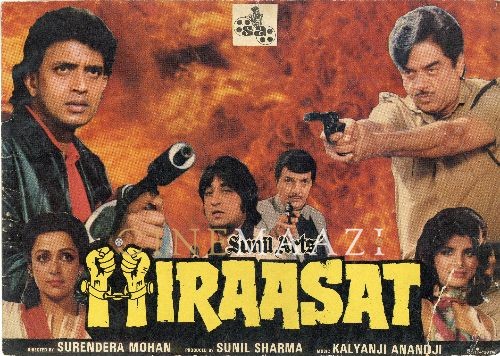
Hiraasat 1987
-

Kirayadar 1986
-

Krishna Krishna 1986
-
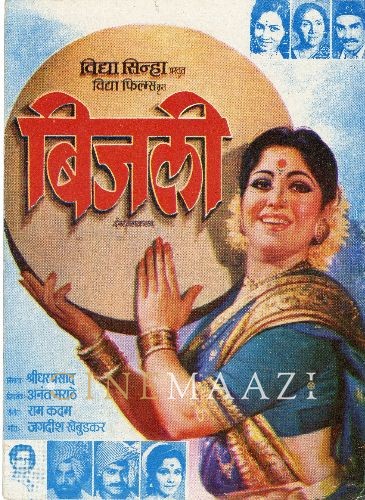
Bijli 1986
-
Adhura Aadmi 1982
-
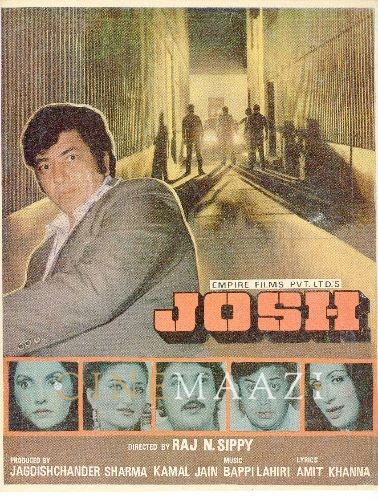
Josh 1981
-
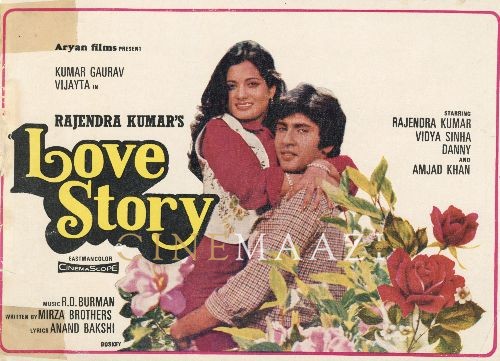
Love Story 1981
-
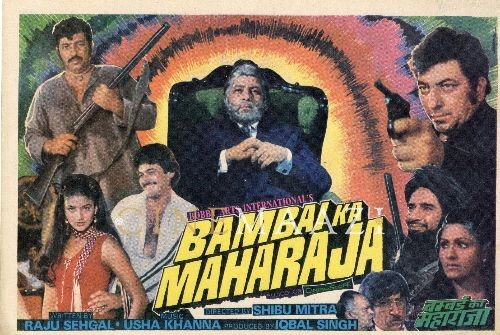
Bambai Ka Maharaja 1980
-
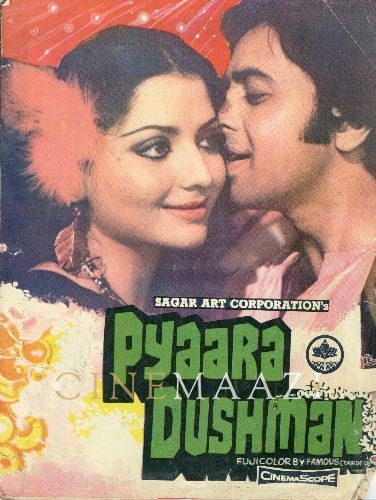
Pyaara Dushman 1980
-

Swayamvar 1980
-
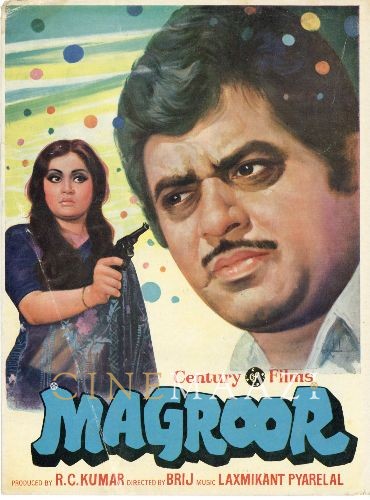
Magroor 1979
-

Atmaram 1979
-








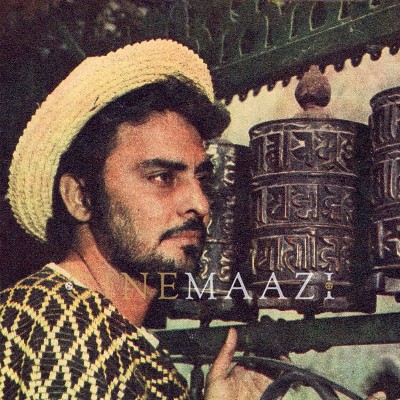

.jpg)



